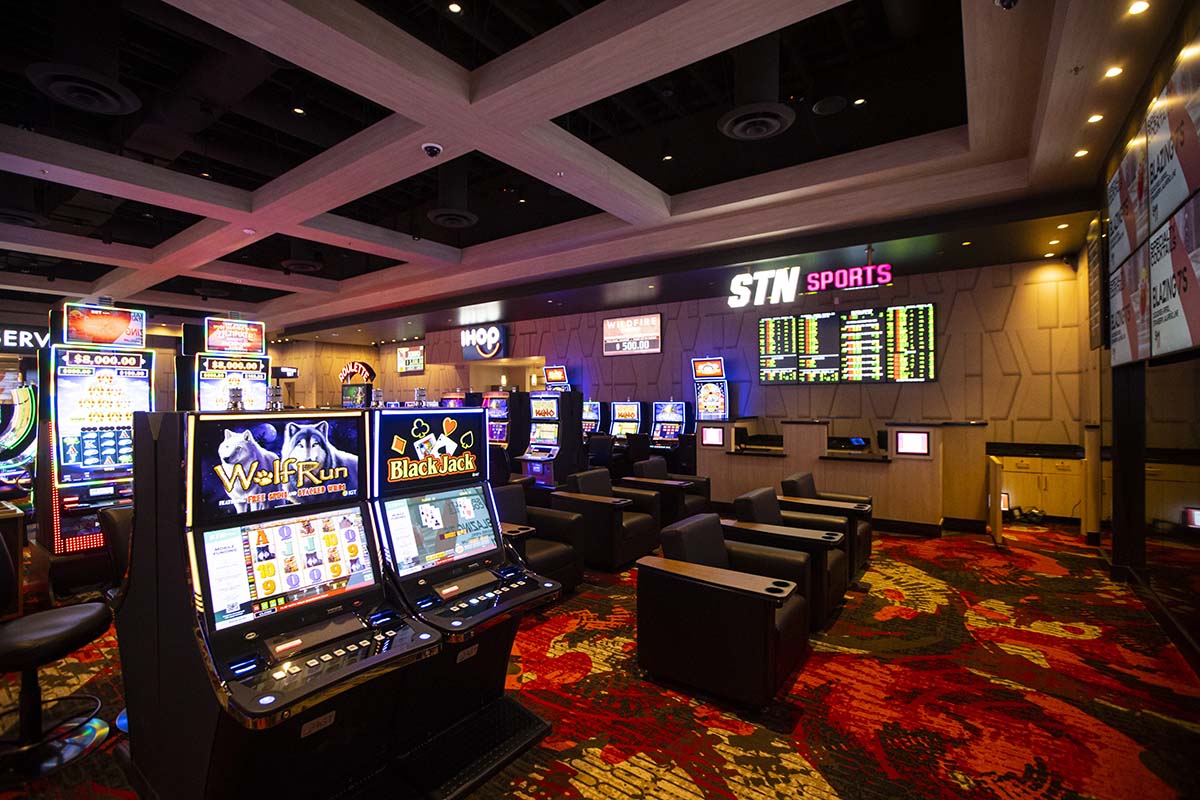The landscape of gambling games is swiftly evolving, fueled by progress in technology that are redefining how participants engage with their beloved hobbies. From the traditional brick-and-mortar establishments to the digital realm of virtual gaming, the melding of cutting-edge tools is producing exciting new adventures for aficionados around the globe. As we look ahead, it is evident that the future of casino games will be shaped by augmented interaction, immersive imagery, and the use of analytics to customize gameplay.
In this dynamic setting, trends such as immersive reality, AR, and artificial intelligence are making substantial inroads. These technologies not only enhance the aesthetic appeal of gambling games but also enhance the overall player experience by making it more involving and adapted to unique choices. As gaming companies adopt these new tech, participants can anticipate to see a more thrilling and immersive experience into the world of gambling, where the options are restricted only by the imagination. https://f168.law/
New Technologies in Gaming

The world of gambling is evolving swiftly, accelerated by improvements in technology that improve the gaming experience. One of the key developments is the combination of VR and AR. These immersive experiences let players to step into authentic casino environments from the convenience of their houses. With VR headsets and custom gear, gamers can engage with online dealers and other players, making online gaming more exciting and communal.
In addition, another digital innovation is the application of distributed ledger technology in casino games. This distributed ledger technology ensures openness and fairness in gameplay. By leveraging blockchain, casinos can offer players with authenticated confirmation of equity in the results, increasing faith in digital casinos. Moreover, blockchain enables smooth exchanges with digital currencies, providing players more choices and safety while playing their beloved games.
Machine learning is also crucial in the future of gambling. AI models are being used to analyze player patterns, offering personalized gaming experiences customized to specific likes. This leads to enhanced customer care, better game options, and improved security measures. As AI continues to develop, it will probably transform the way players engage with gaming, creating a more responsive and responsive gaming world.
Influence of VR on Gaming Experience
The implementation of VR technology has revolutionized the way players engage with casino games. By submerging players in a 3D environment, VR allows players to experience as if they are actually in a physical casino. This heightened sense of involvement not only enhances enjoyment but also adds an dimension of social engagement, where players can experience games with peers from around the world in a common virtual space.
With the capability to access virtual casinos, players can pick from a wide array of games, including slot machines, 21, and poker, all presented in stunning detail. The true-to-life graphics and audio effects create an immersive atmosphere that mimics the excitement of a physical casino. This level of engagement fosters a stronger emotional connection to the games, allowing players to fully engage in their play like never previously.
Furthermore, virtual reality can offer innovative gameplay mechanics that are not achievable in traditional settings. For example, VR can allow engaging tutorials, helping new players to understand the rules and strategies in an engaging manner. Additionally, game designers can create unique game formats that utilize the rich capabilities of VR, offering new and thrilling experiences that appeal to both veteran gamblers and beginners alike.
AI’s Impact on Game Creation
Artificial intelligence is revolutionizing the arena of developing casino games by elevating both player experience and game creation. With machine learning algorithms, developers can examine player behavior and likings, allowing for the creation of tailored gaming experiences. This level of personalization can cause higher engagement from players and retention, as players sense that the games are tailored to their unique tastes and play styles.
AI is also being utilized to improve the game design process itself. By simulating various scenarios in gameplay, developers can quickly determine what elements players enjoy and which ones do not. This data-driven approach simplifies development and enables studios to make faster innovations, as they can adapt their design strategies based on real-time feedback. The incorporation of AI tools can lead to the development of more advanced and entertaining games that keep players returning.
Additionally, AI plays a vital role in guaranteeing fairness and security within gambling games. Cutting-edge algorithms can detect patterns of dishonest behavior or unlawful conduct, thus preserving the fairness of the games. With AI, casinos can implement more robust security measures, ensuring that both players and operators are protected. This not only enhance confidence in the gambling environment but additionally fosters a healthier gambling ecosystem in general.